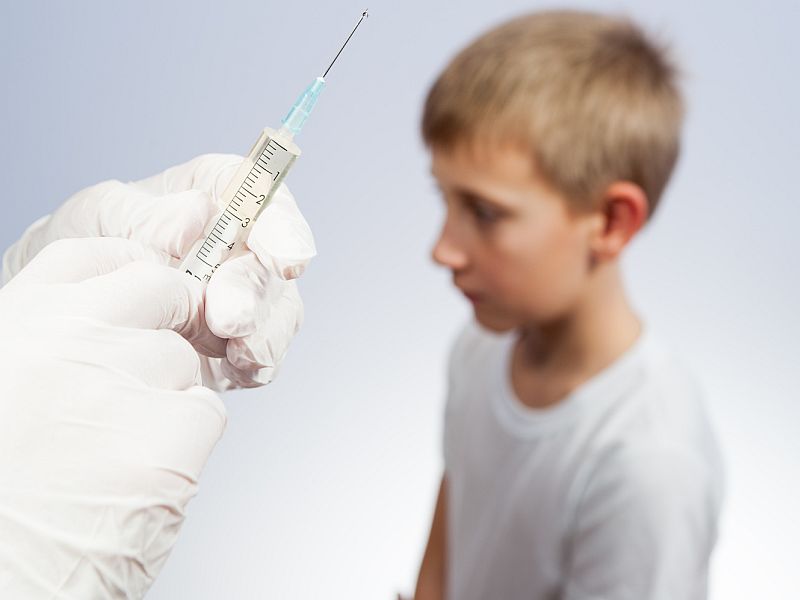FRIDAY, Oct. 20, 2017 (HealthDay News) -- Smoking and oral sex may be a deadly combo that raises a man's risk for head and neck cancer, a new study suggests.
The key factor is transmission of oral strains of the cancer-linked human papillomavirus (HPV), which can be passed through oral sex.
In fact, men who smoke and have five or more partners with whom they've had oral sex -- in this study, that typically meant cunnilingus -- have the highest risk of developing a type of head and neck cancer known as oropharyngeal cancer.
Dr. Otis Brawley is chief medical officer at the American Cancer Society. Reviewing the new study, he noted that "the incidence of oral HPV infection seems to be rising among white men in their 50s and 60s," perhaps due to increasing acceptance of oral sex.
Still, for most people, the risk of contracting an HPV-linked head-and-neck cancer remains very low, said lead researcher Amber D'Souza. She is an associate professor of epidemiology at Johns Hopkins Bloomberg School of Public Health in Baltimore.
D'Souza added that the risk is far lower among women and nonsmokers, and people who have few oral sex partners.
The new findings "should reassure people that cancer-causing oral HPV prevalence is low among most groups," D'Souza said.
But certain groups do have higher risk. One recent study found that 11 million American men are infected with oral HPV. That means one in nine U.S. males aged 18 to 69 is infected.
Brawley said that the increase is partly a result of the sexual revolution in the 1960s and 1970s. "The increase in oral sex led to the increased number of people with [oral] HPV," he said.
For the new study, D'Souza's team reviewed data on more than 13,000 people, aged 20 to 69, who took part in a major federal government survey and had been tested for oral HPV infection.
This survey is a nationally representative group, so it's likely that the vast majority of male participants who said they were the active partner in oral sex were heterosexual men engaging in cunnilingus.
To predict the risk of cancer from oral HPV infection, the researchers used the numbers of oropharyngeal cancer cases and deaths from U.S. cancer registries.
The investigators found that men and women who had one or no oral sex partners had the lowest prevalence of cancer-causing oral HPV.
Rates of HPV infection went up in smokers, however, and the rate also went up when men and women had two or more oral sex partners, though the rates were still low.
The risk increased dramatically -- to 7 percent -- among men who smoked and had two to four oral sex partners. The risk rose to nearly 7.5 percent among men who didn't smoke but who had five or more oral sex partners, D'Souza's team found.
And the greatest risk (nearly 15 percent) was seen among men who smoked and who also had five or more oral sex partners, the findings showed.
More than 100 types of HPV exist, but only a few cause cancer, including cervical cancer, D'Souza noted.
Most people who contract oral HPV rid themselves of it naturally within about nine months, Brawley noted. "But there are a group of people who get the infection and keep the infection for 20 or 30 years. Those are the people who end up getting head or neck or cervical cancer," he said.
Each year in the United States, about 16,500 cases of oropharyngeal cancer are diagnosed. Of these, 11,500 (70 percent) are related to HPV infection, D'Souza said.
Screening for oral HPV infection probably isn't the answer, D'Souza said, because the cancers are so rare. "Current tests might identify who has an oral HPV, but do not predict future cancer risk well," she explained.
Brawley suggested that there is one easily available prevention: the HPV vaccine. Given early in life, it protects against cervical cancer and anal cancer, and most likely protects against head and neck cancer, too, he said.
The hope is that over time as more kids are vaccinated, cancers caused by HPV will greatly diminish, Brawley said.
Patti Gravitt is a professor in the department of global health at George Washington University in Washington, D.C. She said the connection between oral HPV and smoking isn't clear.
"We also see a connection between smoking and cervical cancer, so it's likely that smoking and HPV interact in some way to increase the risk of cancer," Gravitt said.
The report was published Oct. 20 in the Annals of Oncology.
More information
For more about HPV, visit the U.S. Centers for Disease Control and Prevention.












